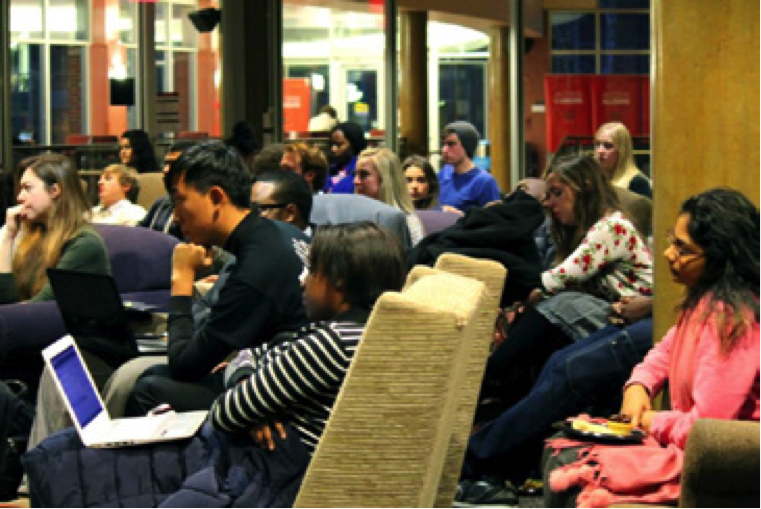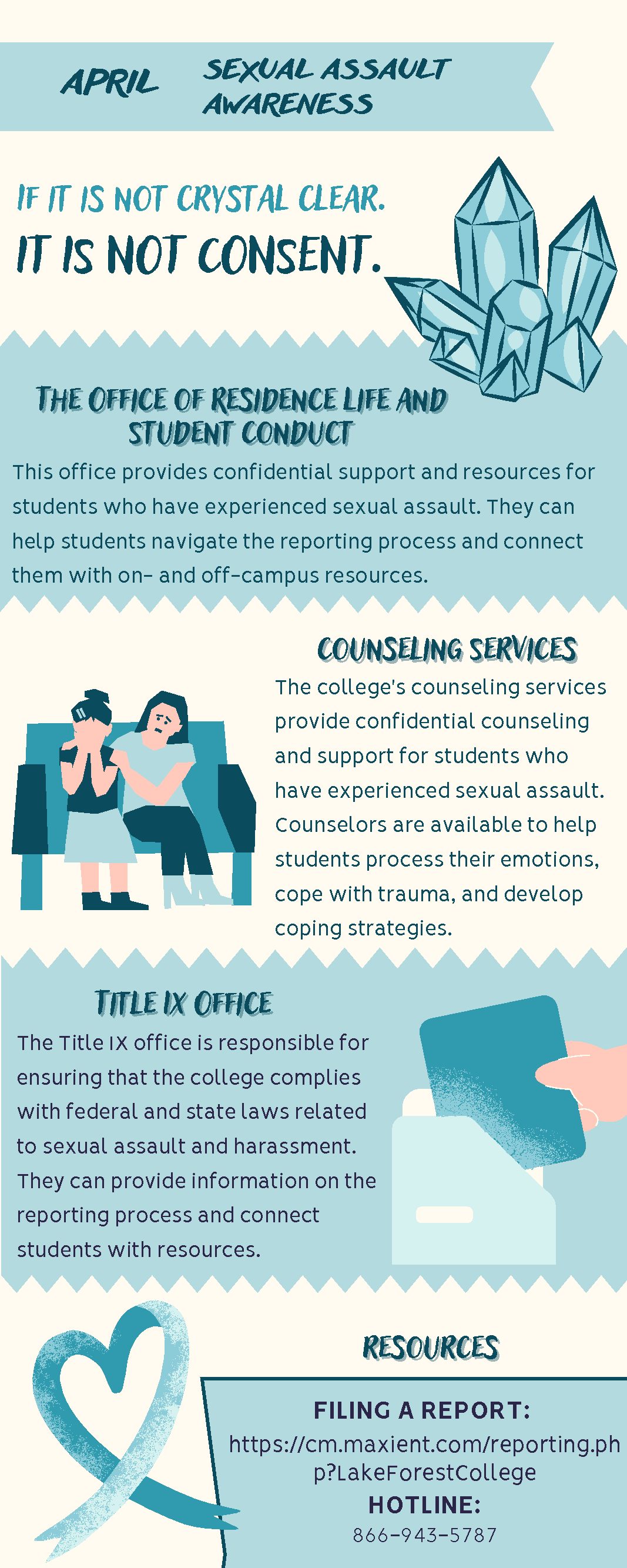Student Government election results were announced in midSeptember, and to the surprise of some students, there were five vacant slots, meaning that there were not enough students interested in running to become an elected representative on behalf of their classmates and community.
For the past few years, Student Government has suffered from this same issue in which the organization has had to find other ways to fill up positions in their senate, such as sending out student announcement e-mails and asking if students would submit a letter of interest to become a member of their club, as opposed to being elected.
An interesting problem that the club faces is the fact that, often times, there is only one student running for an elected position. For example, Moore Hall, the largest dormitory on campus with over 200 residents, only had one student running for the senator position this year.
Because of the possibility of open positions becoming available without having to be elected, some students have talked about not considering actually running, and instead, waiting to receive the student announcement e-mail asking if any students are interested in those vacant positions. This would take the pressure off of having to campaign by posting signs around campus as well as not needing to collect a certain amount of signatures in order to run for a position (class senators need at least 50 signatures from fellow students in their class to be eligible to run, and hall senators need at least 25 signatures).
“I’m really surprised that there are so few interested in running for Student Government, which I think is a fairly traditional kind of club on campus,” said a sophomore communications major.
Hsu Yamin San ’17 questioned how many students actually exercise their right to vote. Along with that question, she thinks, “if less than 50 percent of students are voting, maybe [Student Government] should reconsider” allowing that student to hold that elected position, as less than half of those they will be representing actually elected him or her.

Student Government’s new meeting spot is in the Skybox. The organization meets every Thursday night at 7:30 p.m.
According to the American Student Government Association, over 77 percent of colleges and universities offer some sort of compensation to their student officers. The Association’s Student Government Salary Survey noted that over 54 percent of private colleges offer compensation as a way to attract more student interest in the organization and ensure that responsibilities are prioritized. Colleges and universities have offered salaries, tuition waivers, scholarships, class credit, reserved parking spots, and more to their student officers.
At Lake Forest College, there are two types of student senators: those who represent their entire class, and those who represent their residence hall. There are four senator positions open for a class and one position open per dormitory.
For the classes of 2016 and 2017, only three students ran for the four empty spots, meaning that students voting had no choice of candidates.
Even the club’s executive board suffers from low participation. For the election last year, some positions only had one student running. One student running means that student automatically wins the spot.
Student Government does promote available positions quite heavily to the student body, to ensure that all students are aware of these opportunities. They send out a student announcement e-mail, detailing the responsibilities and qualifications for the position and also host an informational session for those interested.
On September 24, the organization announced via a student e-mail blast that they decided to change their traditional meeting spot from Meyer Auditorium in Hotchkiss Hall to the Skybox in the Mohr Student Center “in an effort to be more readily accessible to the student population.”
Aldo Guzman, advisor of Student Government, and Devin Tyler, student President of Student Government did not respond to inquiries regarding whether or not they believe lack of student participation is an issue.


